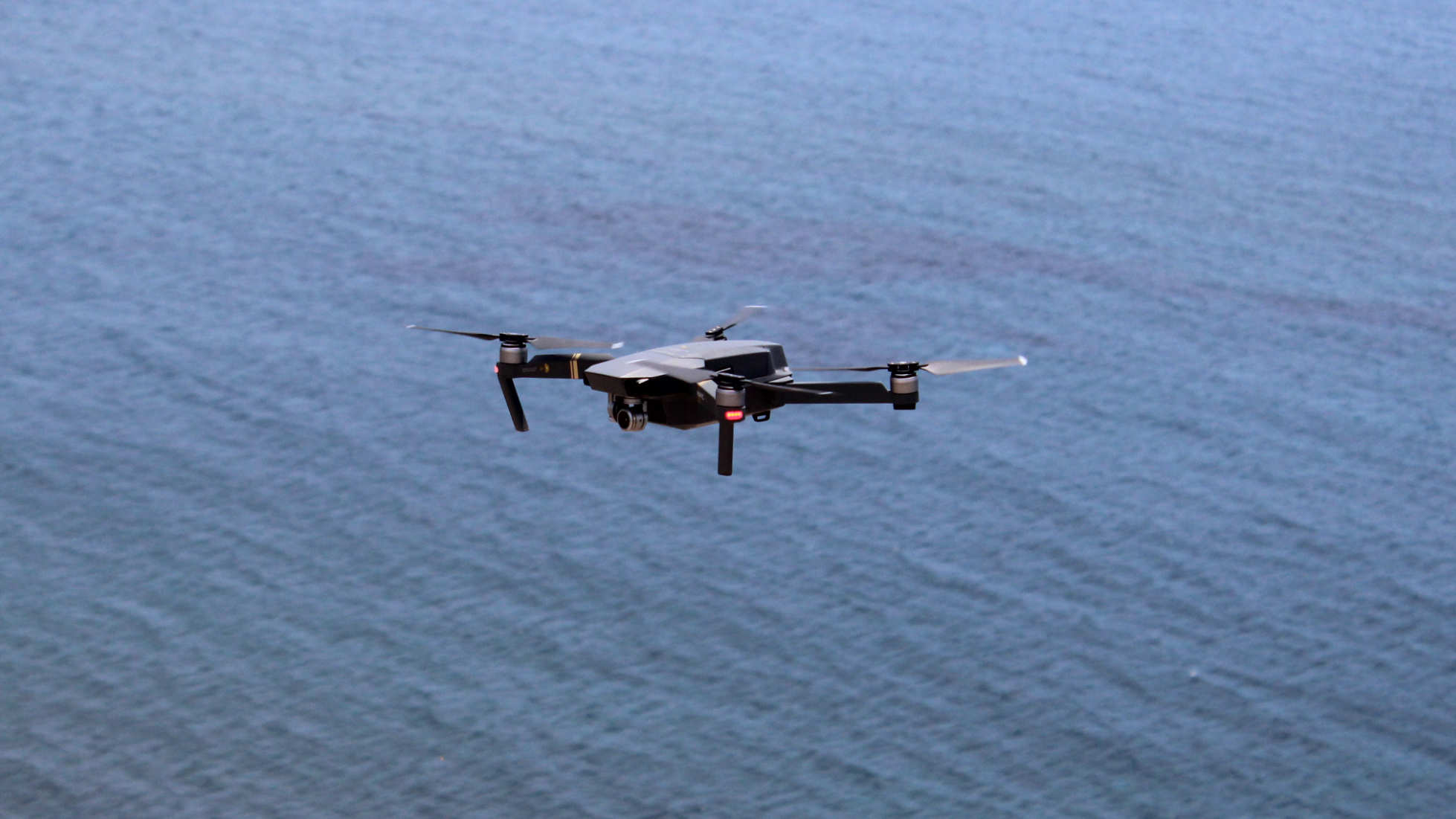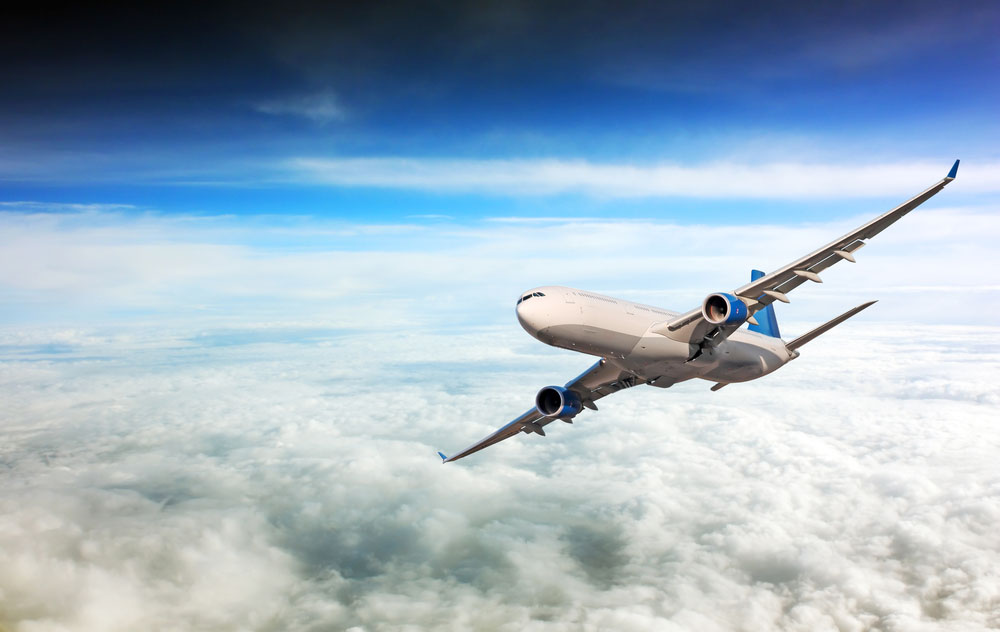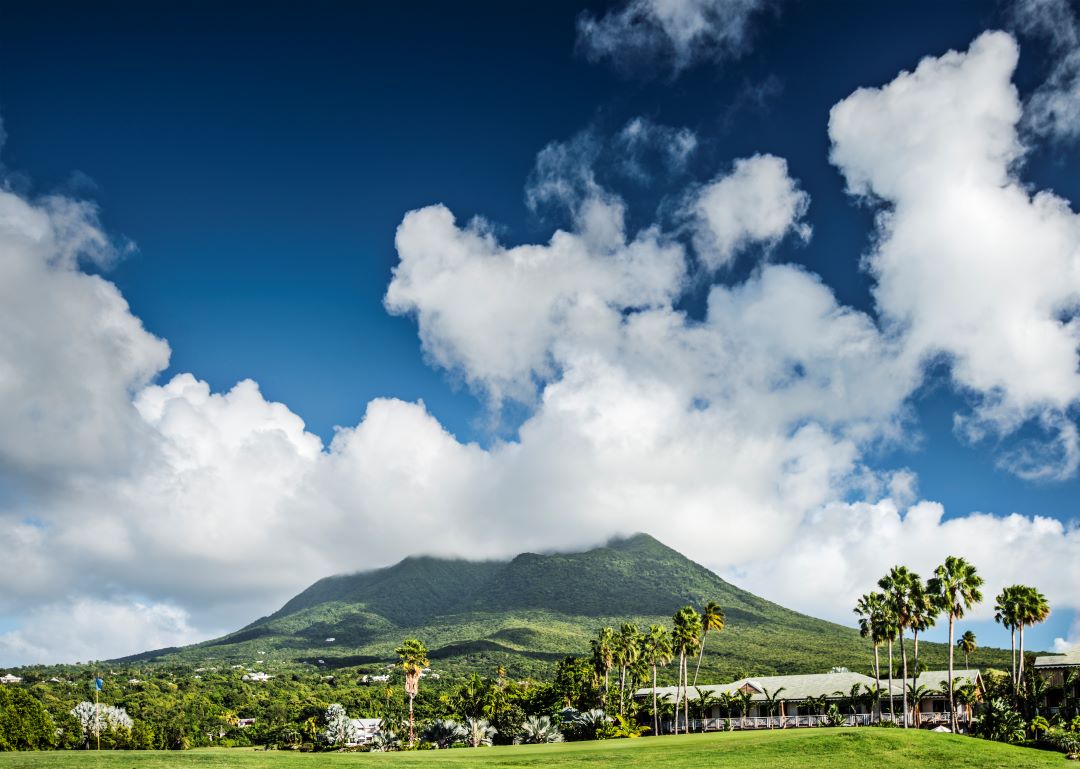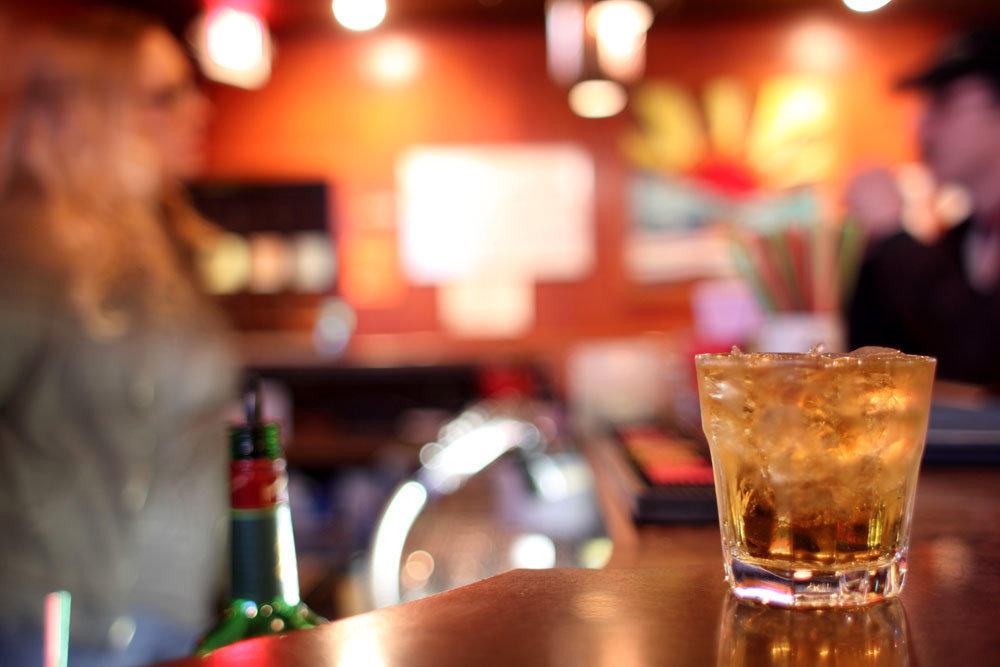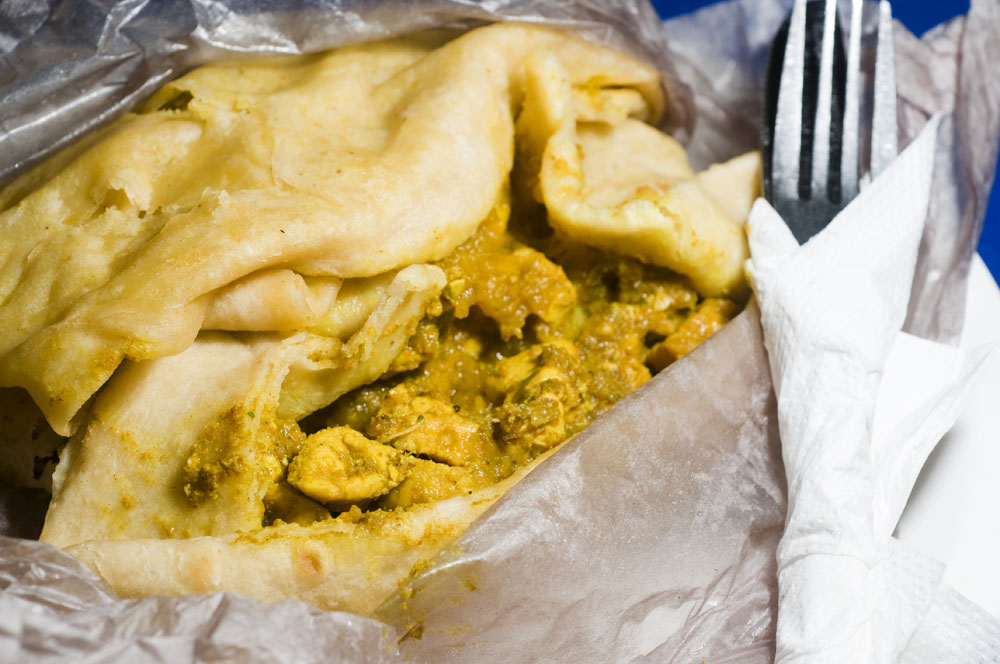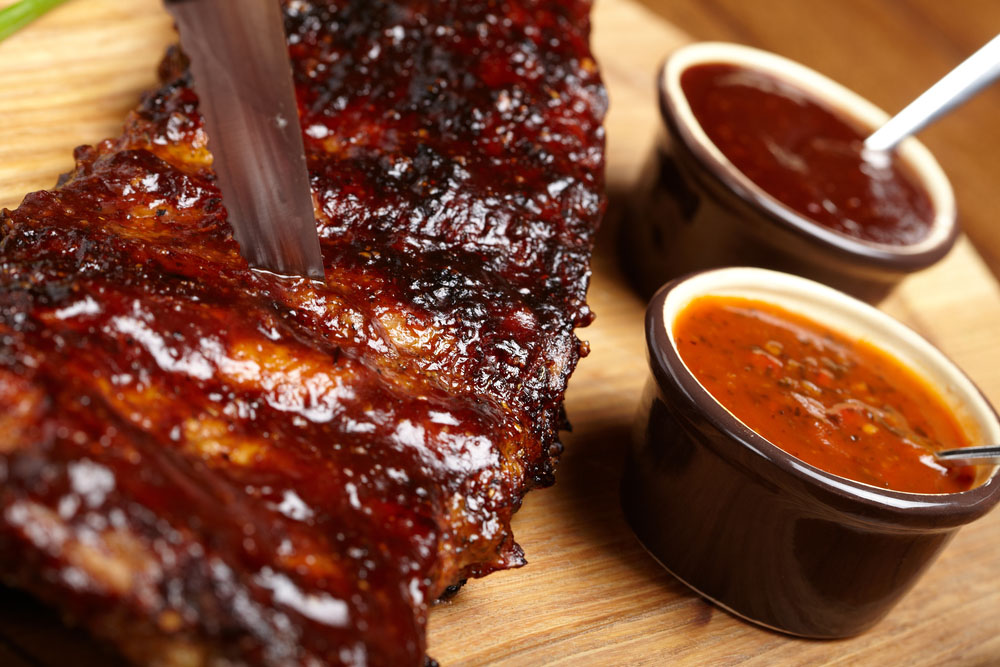The use of drones, or Unmanned Aircraft Systems (UAS), has seen a significant rise in Trinidad and Tobago, mirroring global trends. These devices, initially designed for military applications, have found their way into various civil sectors, including photography, agriculture, and surveillance. However, with the increased use of drones come concerns about safety, privacy, and potential misuse. As such, Trinidad and Tobago has implemented regulations to govern the use of these devices. Failure to be guided could result in the confiscation of drones being imported. Check with your Skybox company.
Drones have become popular tools for both recreational and professional purposes. Photographers, in particular, have embraced drones for their ability to capture stunning aerial shots and provide unique perspectives that were previously challenging to achieve. However, whether used for capturing breathtaking landscapes or covering events from the air, drone operators must be aware of the legal requirements and ensure they fly their devices responsibly.
Customs and Excise Regulations
Citizens of Trinidad and Tobago who purchase drones online and ship them through Skybox companies are warned that their drones may be confiscated by Customs and Excise. A permit is required for shipping, which can be obtained from the Telecommunications Authority of Trinidad & Tobago (TATT). Without this permit, drones will be detained upon reaching Trinidad, and owners will need to present various documents, including a permit from TATT, to retrieve them.
Civil Aviation Authority (CAA) Guidelines:
According to the Trinidad and Tobago CAA, flying a drone is legal, but there are specific regulations to follow:
-
- Drones weighing 750 grams or more must be registered with the CAA.
- All drone operations require a license, with different licenses needed based on the drone’s weight and purpose (recreational or commercial).
- Drones cannot fly more than 120 meters above the ground, with exceptions for lighter drones.
- Drone pilots must maintain a direct visual line of sight with their drone.
- Commercial drones must have liability insurance.
- Drones cannot fly over people without their permission or in designated No Fly Zones source.
The Trinidad and Tobago Police Service (TTPS) has advised citizens against flying drones near airports, prison facilities, and other sensitive areas. This advisory came after a drone was intercepted near the Golden Grove Prison. The TTPS’s Air Support Unit monitors both manned and unmanned aircraft operations, especially in security-sensitive areas source.
The skies above Trinidad and Tobago are becoming busier with drones, reflecting their growing popularity and diverse applications. While they offer numerous benefits, it’s crucial for operators to be informed about the regulations in place and to use drones responsibly. By doing so, they can ensure that the skies remain safe for everyone.
Author: TriniGo.com
TriniGo.com is about all things Trinidad and Tobago, a Trini home online. We bring information on things to do, restaurants, hotels, Trinidad and Tobago vacations, flight status and more. This is where new experiences begin. Earn Points and Get Goods. Contribute and earn points that you can use on our site and partners. Earn points when you signup, upload pics, write reviews and browse around.
